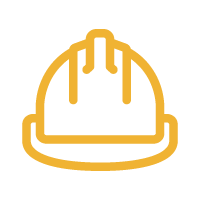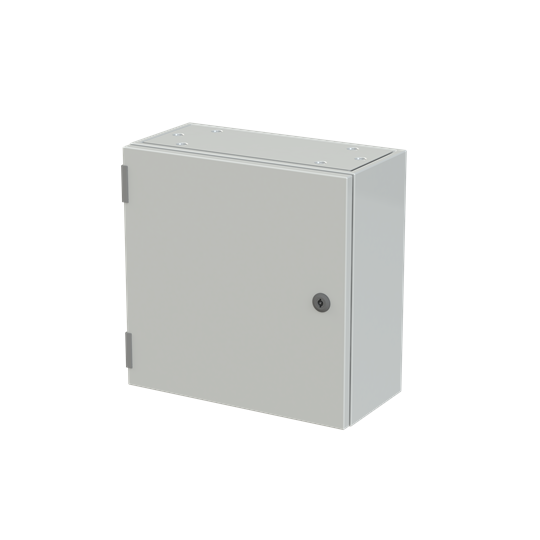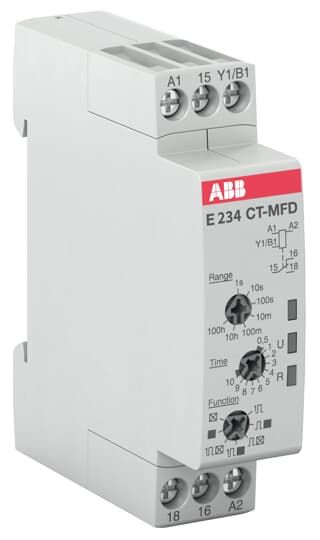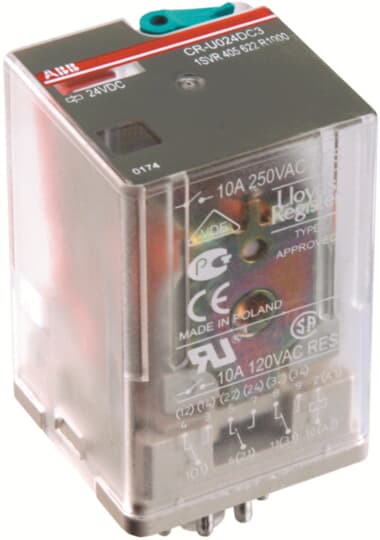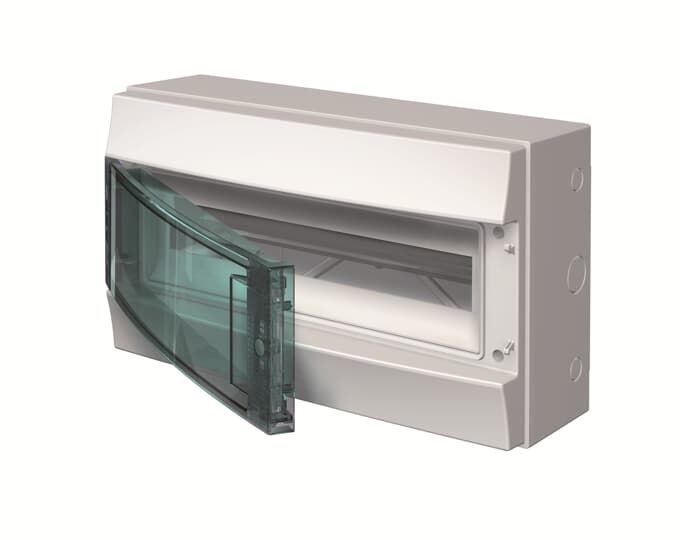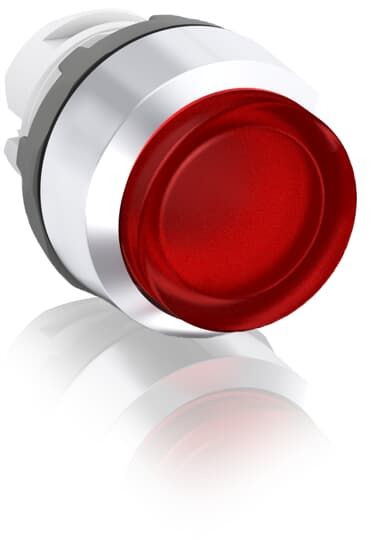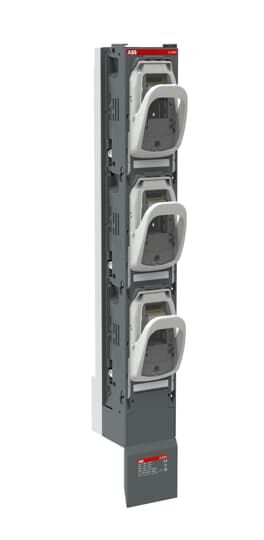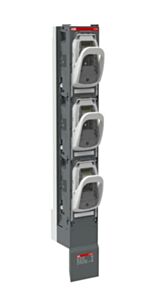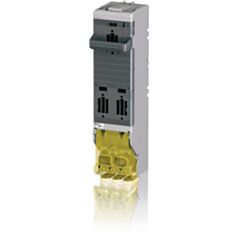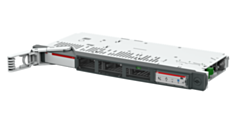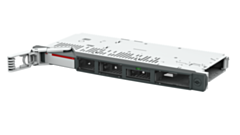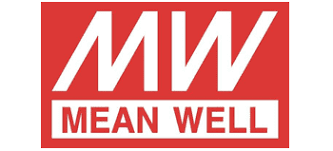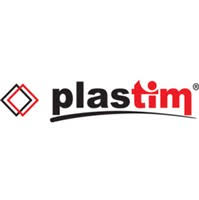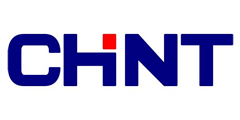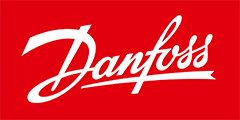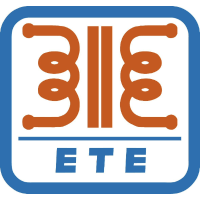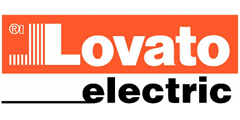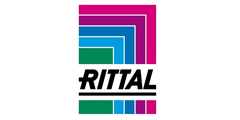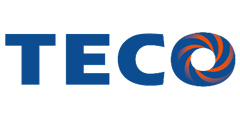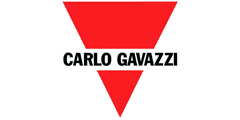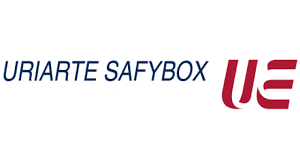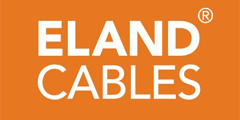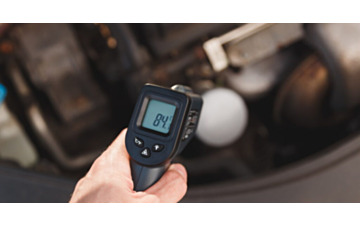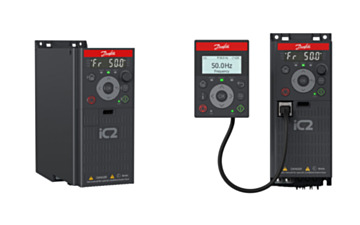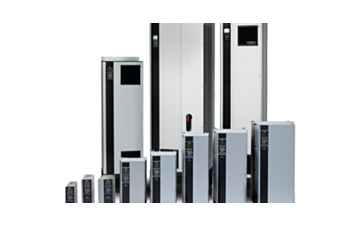

ABB
ABB is one of the world's most highly recognised engineering companies, with its ground-breaking work in research and innovation dating back to 1883 in Switzerland. The current ABB brand came about in 1988, when two of the best known names in European engineering – BBC of Switzerland and Sweden's ASEA – joined forces to create ABB.
ABB's success over many years has been driven by a strong focus on research and the company has a track record of innovation in areas including hydro power and high-voltage DC power transmission. It supplies around £1bn of power and automation products and services to UK clients and is the largest supplier of industrial motors and drives worldwide. At LED Controlswe stock ABB variable speed drives, programmable logic controllers, enclosures, miniature circuit breakers, contactors, cable trunking and many other ABB products
Our Product Range
ABB Enclosures
View ProductsABB Timers
View ProductsABB Relays
View ProductsABB Power Distribution
View ProductsABB Command / Signalling
View ProductsABB Busbar
View ProductsABB Circuit Protection
View Products-
£681.71 £568.09
-
£429.10 £357.58
-
£816.68 £680.57
-
£443.74 £369.78
-
£1,066.27 £888.56
-
£282.80 £235.67
-
£552.53 £460.44
-
£596.40 £497.00
-
£758.46 £632.05
-
£2,198.62 £1,832.18
-
£789.70 £658.08
-
£789.70 £658.08
-
£666.10 £555.08
-
£2,069.15 £1,724.29
-
£589.33 £491.11
-
£561.26 £467.72
-
£1,862.39 £1,551.99
-
£1,106.39 £921.99
The History of ABB
ABB was founded in 1988, after over a century of experience in the production of electrical components. In 1883, ASEA was founded by Ludvig Fredholm, manufacturing electrical lights and generators. Elsewhere, in Switzerland, Brown, Boeveri & Cie (BBC) was formed in 1891, focused on the production of AC & DC motors, transformers, generators and steam turbines. In 1988, the two companies merged, with ABB standing for ASEA Brown Boveri.

Formed as a merger between two companies, ABB has continued to add to its portfolio over the years, purchasing more companies and making them a part of ABB. The company first expanded in 1990 when it purchased US firm Combustion Engineering, specialists in the production of fossil fuel power and nuclear power supply systems, and the metering and control division of Westinghouse. Their third acquisition came in 1997, when automation group Elsag Bailey joined the ABB portfolio along with its companies Bailey Controls, Fischer & Porter and Hartmann & Braun, the biggest takeover in the history of ABB.
In the early 2000s, things went the opposite way, as ABB sold its boiler and fossil fuel businesses to Alstom, and its nuclear business to Westinghouse. It also sold its interest in conventional power generation systems to Alstom Power, dropping out of venture ABB-Alstom Power. In 2004, it sold its Building Systems unit to Swiss equity company Capvis. All this took place as ABB found itself near bankruptcy, due to claims of asbestos liability and a build-up of debt. In 2006, the asbestos claims were settled and two years later ABB was back to acquiring other companies. In 2008, they bought Ber-Mac Electrical & Instrumentation, part of an initiative to increase ABB’s presence in the western Canada oil and gas industry. In 2010, software company Ventyx was purchased from Vista Equity Partners for over $1 billion, with their software sector growing further in 2011 when Australian company Mincom was bought. There have been four big money acquisitions since – Baldor Electric USA for $4.2 billion in 2011, Thomas & Betts for $3.9 million in January 2012, wireless technology specialists Tropos in June 2012, and Power-One for $1 billion in 2013.
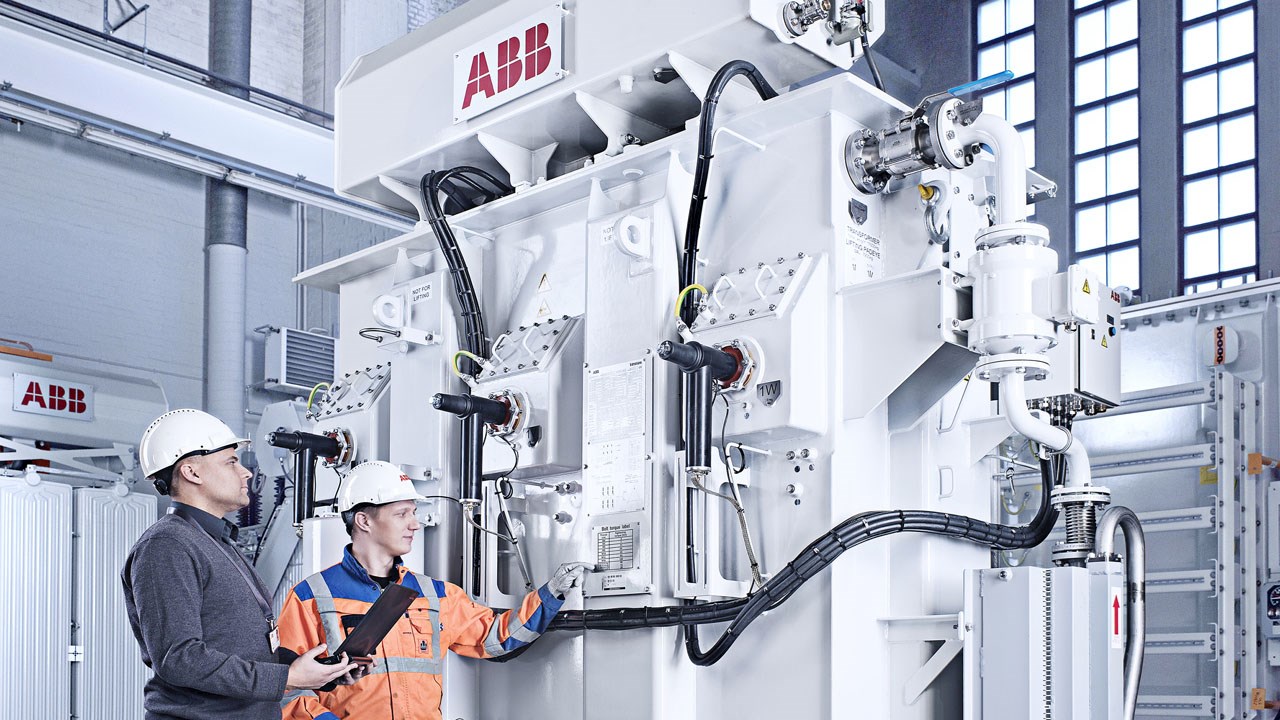
The Structure of ABB
With such a large number of acquisitions under the ABB umbrella, the organisation operates under four key production divisions, following a re-structure in January 2017.
The Electrification Products division focuses on the manufacture of products such as electric vehicle infrastructure, modular substations, distribution automation, solar inverters, ventilation systems, control products and wiring accessories.
The division of Robotics and Motion creates electric motors, drives, generators, industrial robots and power electronics. The production of wind generators and solar power inverters also falls into this division.
Industrial Automation is the division that focuses on creating control systems, plant optimisation, and automation applications, across seven business units, specialising in Control Technologies, Power Generation & Water, Process Industries, Turbocharging, Marine & Ports, Measurement & Analytics, and Oil, Gas & Chemicals.
Finally, the Power Grids division produces components for the transmission and distribution of electricity, incorporating ABB’s manufacturing network of transformers, switchgear, circuit breakers and digital protective relays.
ABB’s Product Ranges
ABB has a huge range of products, for a varied selection of industries. Amongst the products they produce are furniture, equipment and designs for control rooms; drives; high voltage products like switchgears, generator circuit breakers and instrument transformers; low voltage products such as electrical distribution, building technologies and electrical installation; and tools for measurement and analytics. They produce medium voltage products like modular systems and distribution automation and protection; mechanical power transmission products, metallurgical products such as electromagnetic stirring solutions for steel and aluminium; motors and generators; PLC (Programmable Logic Controllers) Automation, with control panels and legacy products; power converters and inverters, including solar inverters, wind turbine converters, hydrokinetic converters, and traction converters; robotics such as industrial robots, controllers and application software; semiconductors including IGBT and diode modules, insulated gate bipolar transistors, integrated gate-commutated thyristors, diodes and silicon surge voltage suppressors; substation automation protection and control components; and transformers, including power transformers, distribution transformers, dry-type transformers, reactors and inductors and other components.
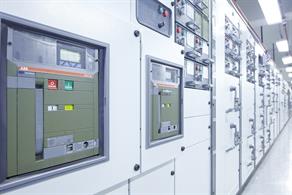
As well as a range of products, ABB also manufactures and producers a range of systems. This includes operations management software; distributed control systems; electric vehicle charging infrastructure; enterprise software; FACTS (Flexible Alternating Current Transmission Systems); high voltage cables; HVDC (high-voltage direct current), including HVDC Classic (LCC) and HDVD Light (VSC); integrated marine systems such as vessel segments; microgrid solutions including distributed generation and renewable energy power conversion; network management including substation automation protection and control; offshore wind connections; power consulting such as asset evaluation, systems analysis, commercial and industrial system studies and equipment and technology selection and design; power electronics; safety information and solutions; substation automation protection and control; substations and electrification; turbocharging; and UPS & power conditioning.
ABB produces and manufactures products and systems for a range of industries, covering the sectors of aluminium, automotive, buildings, cement, chemical, data centers, food & beverage, life sciences, marine & portals, metals, mining, oil & gas, ports, power distribution, power generation, power transmission, printing, process automation, pulp and paper, railway, solar power, water, and wind power.
What ABB products do LED Controls stock?
At LED Controls, we stock a range of ABB’s factory automation products, including thermal overload relays, moulded case circuit breakers, programmable logic controllers, machine safety components and sensors, motor control gear such as contactors, overloads and timer relays, power distribution consumer units, outgoing MCBs & RCB0S, and distribution boards.
Useful ABB Links

